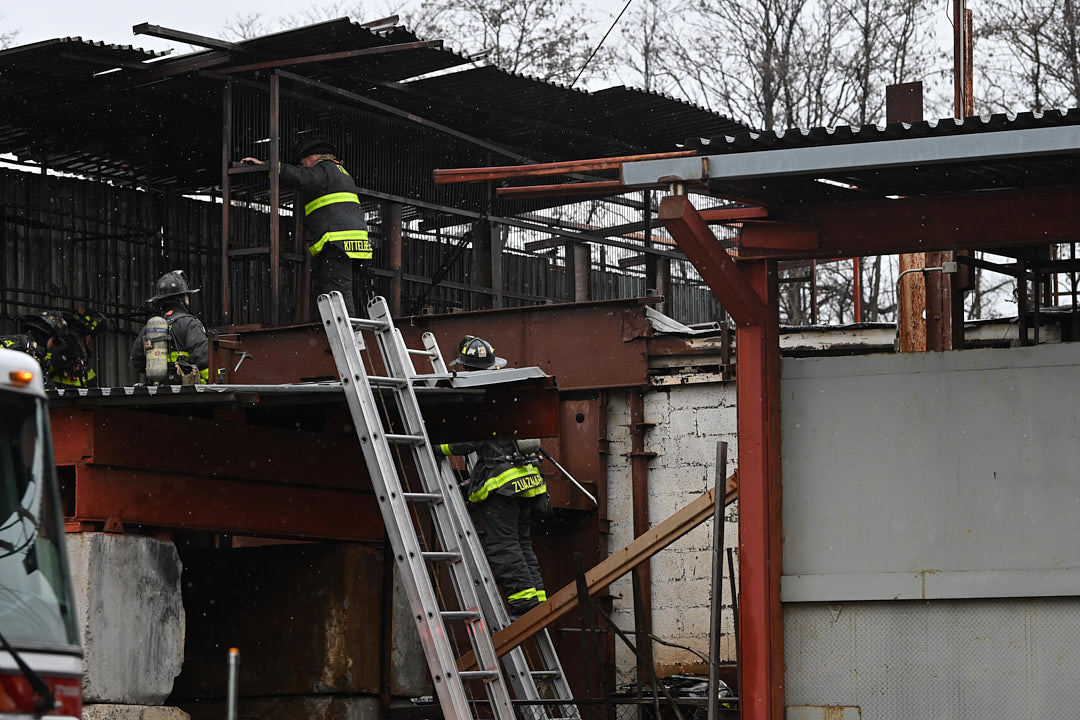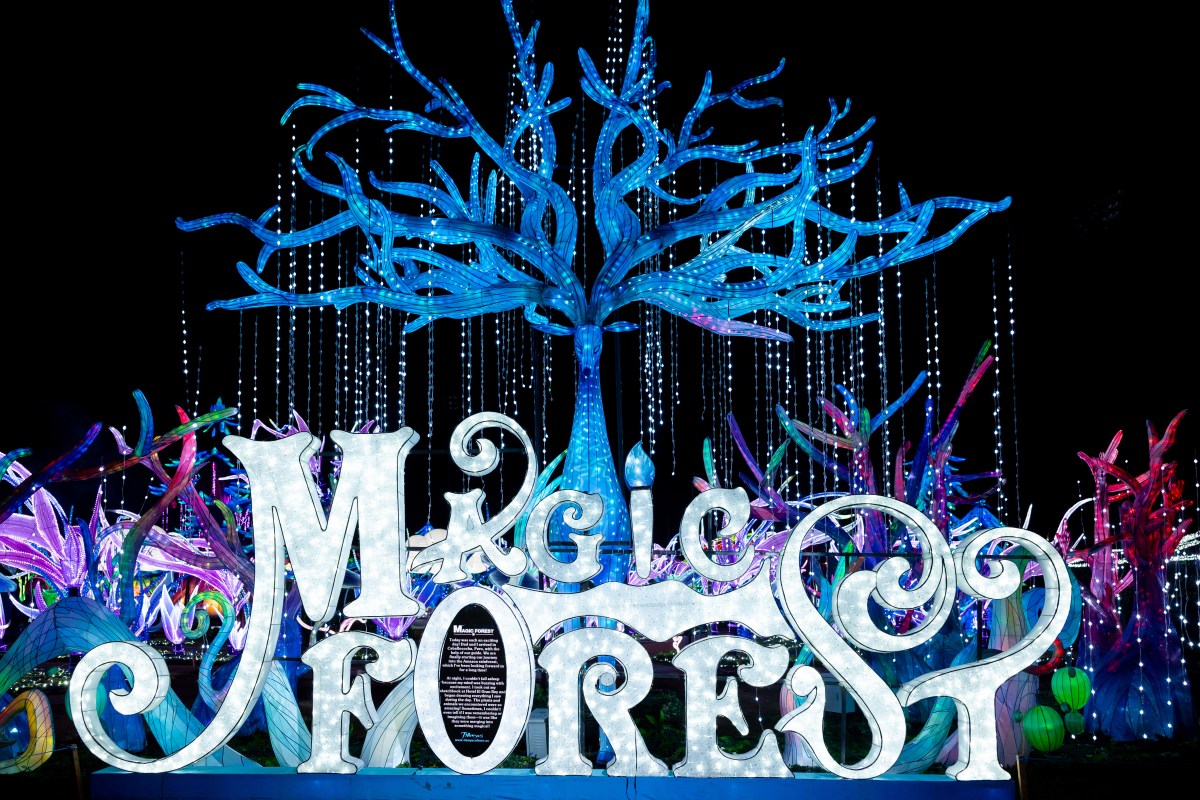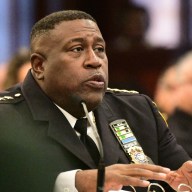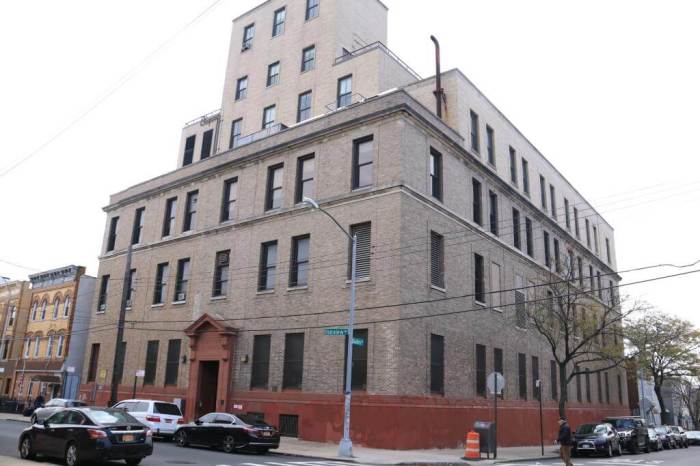Weaving theology and ethics with scientific evidence to make the case that protecting the environment and vulnerable populations is a moral imperative, Pope Francis has crafted a message the world should hear.
In his urgent call to combat climate change, the pope may not change those minds already certain that humans don’t contribute to global warming, even in his own church. Some scientists who laud his endorsement of the science are critical the pope rejects overpopulation as one cause of the problem.
And while Roman Catholic universities are now more likely to divest fossil-fuel stocks from portfolios, bishops are uncomfortable with the message. Cardinal Donald Wuerl, archbishop of Washington, had a muted response Friday. He called only for a “conversation” on Francis’ specific recommendations that First World nations reduce carbon emissions.
But there is a depth and resonance in Francis’ encyclical, “On Care for Our Common Home,” that shouldn’t get lost in the din over specific proposals.
Francis presents a holistic view of our interconnectedness — with each other, with the Earth and with our spirituality — that he fears technology is devaluing. He writes that real human relationships are more important than “contrived ones on the Internet” and that overconsumption and excessive waste mean the next generations “will inherit a world of debris, desolation and filth.”
Francis credits the 13th century poem “Canticle of the Creatures,” written by the man from Assisi whose name the pope chose, that celebrates our shared natural world. He notes that the canticle teaches that “inseparable the bond is between concern for nature, justice for the poor, commitment to society, and interior peace.”
He quotes the Book of Genesis as authority to say that stripping the Earth of its forests, polluting its waters and destroying its biological diversity are sins. In a call for environmental justice, he says that while the world’s richer nations overrely on gas, coal and oil, it’s the world’s poorer people who suffer most from rising seas and temperatures.
Francis, the Argentine Jesuit who has witnessed the decimation of the Amazon rain forests, seems determined to remake the papacy into a modern and relevant institution.
He used an encyclical, a very traditional method of communicating the church’s view to bishops who must use it to instruct the world’s 1.2 billion Catholics. His 178-page letter was then distilled on Twitter with more than 60 tweets in one day, including ones like this: “Earth is essentially a shared inheritance, whose fruits are meant to benefit everyone.”
Francis’ critics counter that he is not a scientist. He is not; but he listened to them. Others dismiss his activism, admonishing him to stay away from political issues. But when did we eliminate morality and religious views from public policy?
Tellingly, this dismissive response comes from those who find a debate on the environment inconvenient but who have used faith to justify state intervention to keep a comatose woman in a vegetative state on life support or to support anti-abortion positions.
Francis shrewdly is not letting politicians be cafeteria Catholics, telling them it’s all one package. As part of his moral ecology, the pope includes in the encyclical the church’s view of protecting all life: “How can we genuinely teach the importance of concern for other vulnerable beings, however troublesome or inconvenient they may be, if we fail to protect a human embryo, even when its presence is uncomfortable and creates difficulties?”
The pope will visit the United States in September to speak to Congress and the United Nations. He wasn’t asked to speak as a theologian, but as a world leader. He’s viewed favorably by 70 percent of Americans, perhaps because his boldness and humility are authentic.
He deserves a wide audience.


































